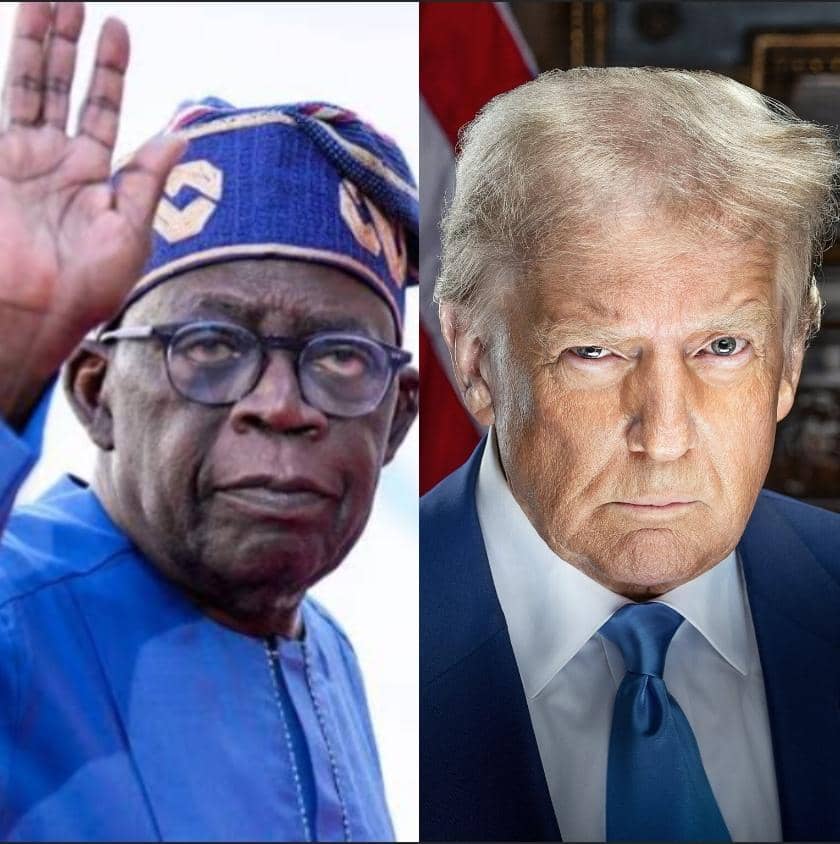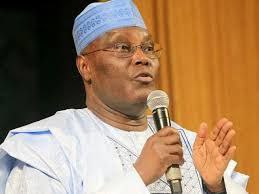
In a landmark decision with far-reaching implications, Judge Beryl Howell of the U.S. District Court for the District of Columbia has issued a compelling order requiring the Federal Bureau of Investigation (FBI) and Drug Enforcement Administration (DEA) to release all records pertaining to investigations involving Nigerian President Bola Ahmed Tinubu. The 32-page ruling, delivered on Tuesday, represents a significant victory for government transparency advocates and could potentially reshape public understanding of the Nigerian leader’s controversial past in the United States.
The court’s decision stems from a persistent legal battle waged by American transparency activist Aaron Greenspan, founder of PlainSite, a nonprofit organization dedicated to government accountability. Greenspan had filed multiple Freedom of Information Act (FOIA) requests seeking documentation related to:
- Tinubu’s 1993 forfeiture of $460,000 to the U.S. government
- Any investigations into alleged narcotics trafficking activities
- Financial transactions involving Tinubu and associate Abiodun Agbele
Court documents reveal that both the FBI and DEA had repeatedly invoked so-called “Glomar responses” – a legal maneuver allowing agencies to neither confirm nor deny the existence of records – citing potential harm to ongoing investigations and personal privacy concerns. However, Judge Howell’s scathing rebuke of this position noted that “the cat is decidedly out of the bag” regarding Tinubu’s history with U.S. authorities, making continued secrecy “neither logical nor plausible.”
The ruling provides unprecedented judicial confirmation that:
• President Tinubu was indeed the subject of formal investigations by multiple U.S. law enforcement agencies
• These investigations were substantial enough to generate significant documentation
• The public interest in disclosure outweighs any purported privacy concerns
Legal analysts highlight three critical implications of this decision:
- Political Impact in Nigeria: The forthcoming documents could reignite debates about Tinubu’s eligibility for office, despite previous Nigerian court rulings. The People’s Democratic Party (PDP) has already indicated plans to scrutinize any released materials.
- Transparency Precedent: This case establishes that foreign officials cannot claim privacy protections when their investigative histories are already matters of public record.
- U.S.-Nigeria Relations: The mandatory disclosure may create diplomatic tensions, particularly if records reveal extensive law enforcement scrutiny of a sitting head of state.
The court set an aggressive timeline for compliance, requiring the agencies to:
- Process all responsive documents within 60 days
- Provide a detailed Vaughn index (itemized list of withheld documents) where applicable
- Justify any remaining redactions under specific FOIA exemptions
Notably, the ruling references but does not compel disclosure from the Central Intelligence Agency (CIA), leaving open questions about potential intelligence community involvement in Tinubu-related matters.
As this story develops, several key questions remain:
• Will the Biden administration appeal the decision?
• What specific revelations might emerge from the DEA’s narcotics investigation files?
• How will the Nigerian government respond to potential disclosures?
Public & Legal Reactions
🗣 Aaron Greenspan (Plaintiff):
“This is a victory for transparency. The U.S. government can’t hide records about a sitting foreign leader when the facts are already in the public domain.”
⚖ Legal Analyst’s Take:
“This ruling weakens the ‘Glomar’ defense in FOIA cases where investigations are already known. It could force more disclosures about foreign officials with U.S. legal histories.”
Your Turn: What Do You Think?
👉 Should the U.S. release full details of Tinubu’s past investigations?
👉 Could this affect Nigeria’s political stability? COMMENT BELOW!
👉 SHARE THIS STORY to spread the latest on this developing case.
Want More?
🔔 Follow for updates on the document release timeline!
📩 Subscribe to our newslatter for exclusive legal/political analysis.










Be the first to leave a comment